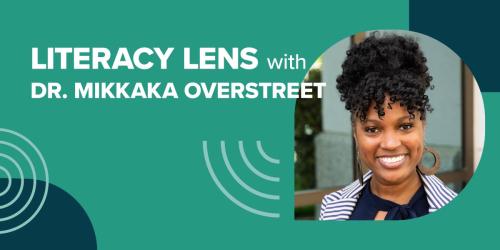What the Research Says (Or Doesn’t Say): Advisory Programs
Advisory programs (or advisories) are frequently implemented by schools as a way to strengthen connectedness between adults and students and foster a personalized and supportive school culture. Although advisories are set up in varying ways, they are generally characterized by regular meetings between an advisor and a student or group of students to provide academic and social support. Although surveys and self-reports attest to the value of these programs, there are very few rigorous studies from which to determine the effects on student outcomes. Schools developing advisories have “relied upon intuition and anecdotal evidence rather than empirical data” (Shulkind & Foote, 2009). The reviews we consulted listed several issues that make objectively evaluating advisories difficult, including: lack of pre- and post-test data or control groups; differing goals and components that make it difficult to compare results at different sites; difficulty distinguishing advisories from other school-based strategies for increasing personalization; and a lack of formalized curricula or definitions.
Despite this lack of definitive research, we have compiled a short list of recent research studies, reviews, and other resources that can inform your decisionmaking.
McClure, L., Yonezawa, S., & Jones, M. (2010). Can school structures improve teacher student relationships? The relationship between advisory programs, personalization and students’ academic achievement. Education Policy Analysis Archives, 18(17), 1–21.
This paper presents the findings from a three-year study of students' perceptions of personalization, with specific emphasis on advisories as a reform strategy and their effect on students’ academic progress. The researchers looked at 14 recently converted small high schools in a large, urban school district in California. The effect of students' sense of personalization on their academic achievement was measured using standardized test scores and weighted grade-point averages. Although positive perceptions of personalization were predictive of better student outcomes, positive perceptions of advisory programs were associated with worse academic outcomes. A discussion of why this might be leads to the suggestion that personalization approaches must move beyond the formal advisory period to become part of the schoolwide culture.
Van Ryzin, M. (2010). Secondary school advisors as mentors and secondary attachment figures. Journal of Community Psychology, 38(2), 131–154.
This study examined whether students in two small secondary schools would nominate their advisor as part of their attachment hierarchy. The 40 percent that nominated their advisor to be a secondary attachment figure reported greater engagement in school and demonstrated greater gains in achievement and adjustment compared to those who did not. According the author, “This finding can assist in developing and sharpening new hypotheses about the factors that contribute to the success of advising (and mentoring) relationships, as well as the processes by which these relationships grow and develop.”



